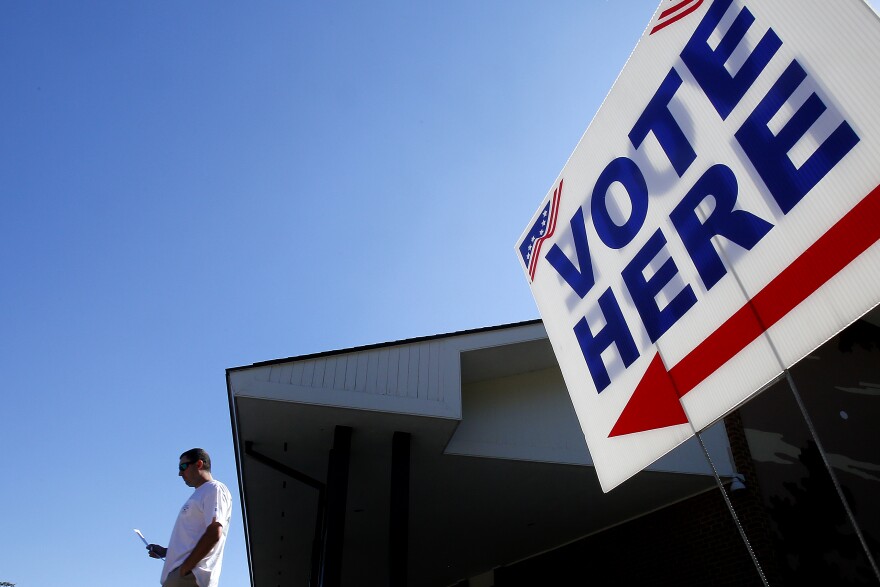North Carolina laws requiring citizens to reside in the state and within a precinct at least 30 days before an election date to be eligible to vote are unlawful and must be blocked, a union-affiliated retiree group said in a this week.
Lawyers for the North Carolina Alliance for Retired Americans write that the 30-day residency mandate violates the U.S. Constitution and Voting Rights Act and totally denies newcomers to the state the right to vote for no compelling reason. People who currently comply with that residency window can participate in same-day registration at early voting sites up to the Saturday before the election.
The lawsuit, if successful, could allow more people to cast ballots in the 2024 elections in the ninth-largest state, which has over 7 million registered voters and is often marked by very close results in races for president and other statewide offices. Lawyers who helped file the lawsuit on Monday on behalf of the alliance against the State Board of Elections and board leaders have represented Democratic interests previously.
"Voters must not be denied their fundamental right to vote just because they move between states shortly before election day, if they are otherwise eligible,” David Fox, a Washington-based lawyer representing the alliance, said in a news release Tuesday.
sets a one-year state residency requirement to vote in state elections, but that provision was held unconstitutional decades ago and isn’t enforced. A 30-day precinct requirement is still carried out, however, and state law says lying about one’s residency on a registration form is a low-grade felony.
The U.S. Voting Rights Act does allow states to set registration deadlines up to 30 days before a presidential election. But the law says no U.S. citizen can be denied the right to vote for president and vice president simply because the person can’t comply with a “durational residency requirement,” the lawsuit says. The state constitution does give legislators the ability to ease residency requirements for presidential elections, but there is no such law currently on the books.
“And the U.S. Constitution prohibits such requirements in all elections,” the lawsuit reads, citing the 1st and 14th Amendments.
Although most any qualified citizen can register to vote at early in-voting sites less than 20 days before the election date, the newest arrivals to North Carolina are prevented from doing so.
The differences “divide residents into two classes, old residents and new residents, and discriminate against the latter to the extent of totally denying them the opportunity to vote,” the lawsuit says, following language from a U.S. Supreme Court ruling involving a Tennessee residency requirement.
The state board had not been served with the lawsuit as of Tuesday afternoon, board spokesperson Pat Gannon said.
The alliance, which has about 52,000 members statewide, and several individuals sued the elections board in 2020 in state court to loosen in-person and absentee-ballot requirements because of the coronavirus pandemic. The plaintiffs and the board entered a settlement that in part lengthened the grace period for officials to count mailed ballots from those received three days after Election Day to nine. Republican legislative leaders were incensed by the settlement, which overruled state law and ultimately
The alliance's lead lawyer in the 2020 lawsuit was Marc Elias, who founded a law firm whose attorneys are helping represent the alliance in the latest lawsuit. The alliance is a state affiliate of the Alliance for Retired Americans, which has over 4 million members.






